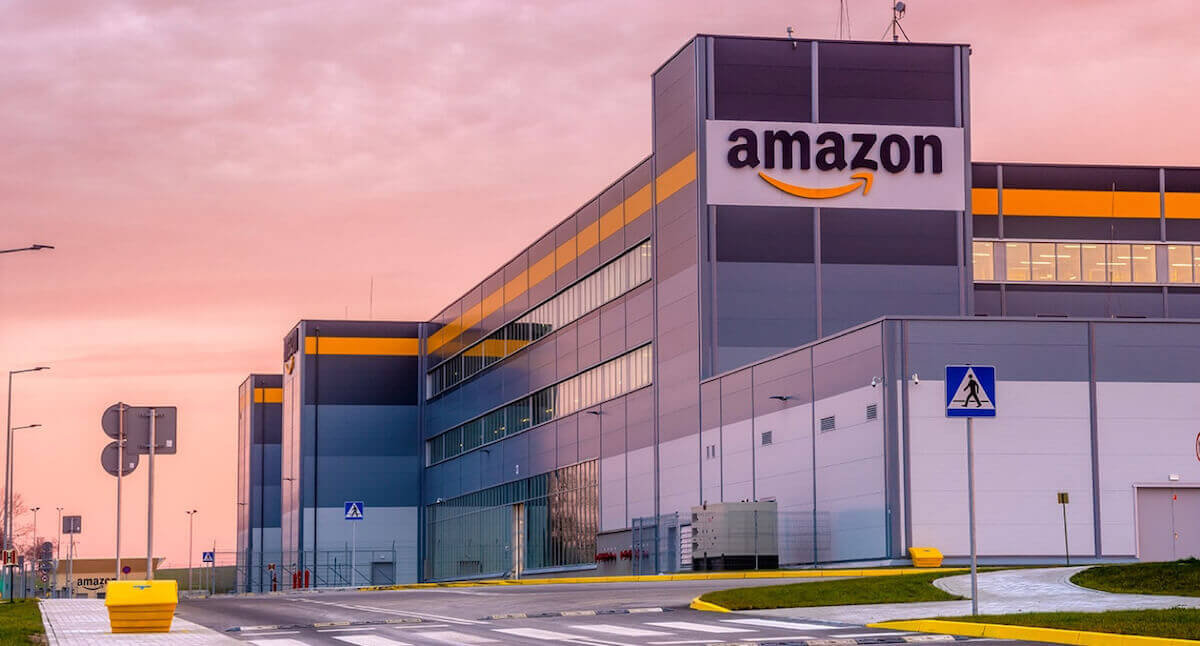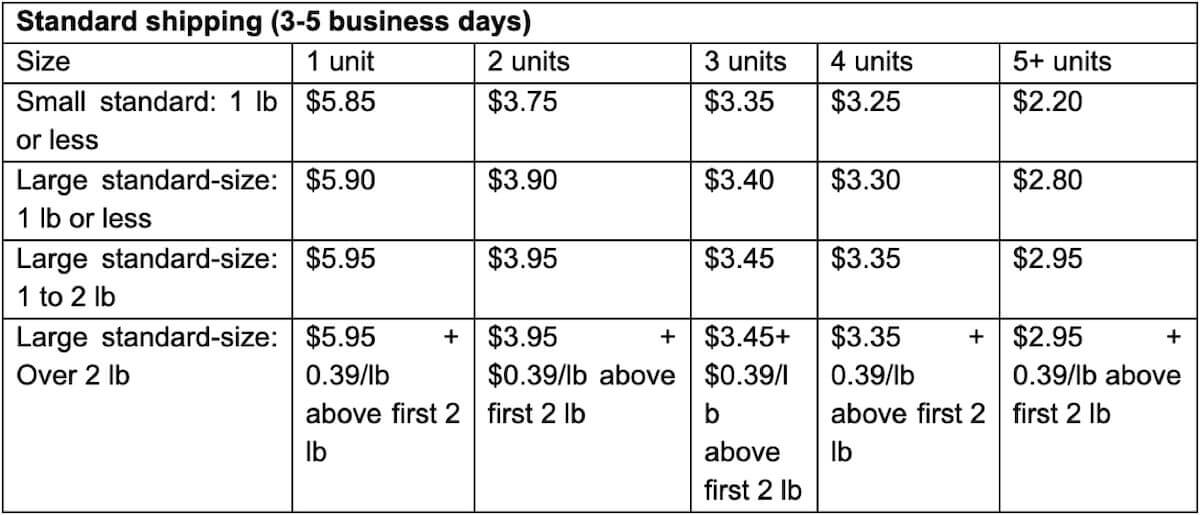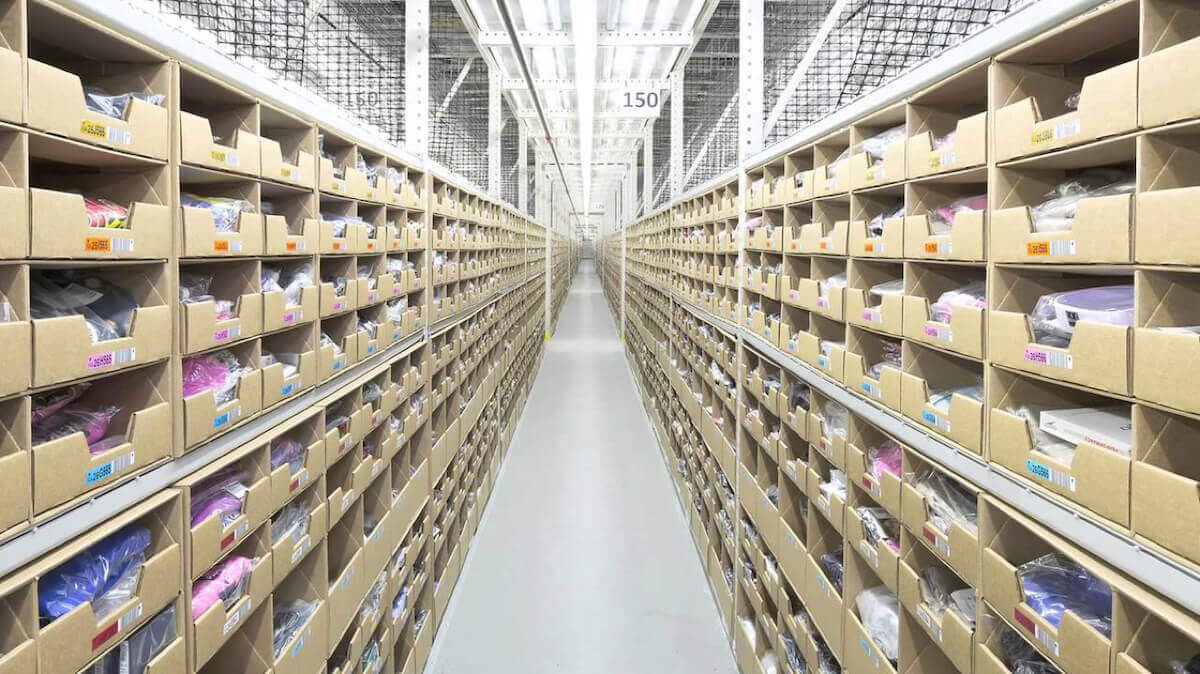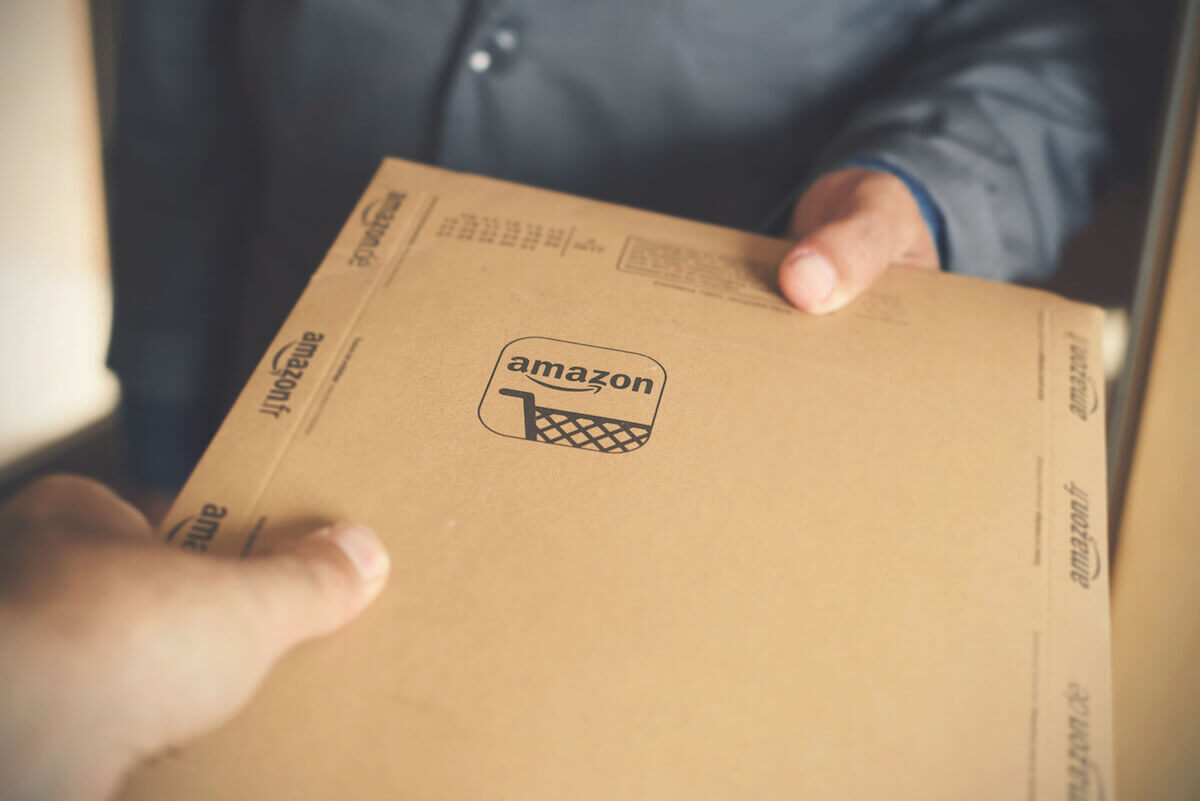
Amazon has been holding the position of the largest retail online marketplace for several years now. With more than a billion monthly visitors and hundreds of billions of dollars in revenue, this retail giant does not stop looking for new ways to make a profit.
Amazon has been holding the position of the largest retail online marketplace for several years now. With more than a billion monthly visitors and hundreds of billions of dollars in revenue, this retail giant does not stop looking for new ways to make a profit.
Back in 2006, the marketplace launched its FBA (Fulfillment by Amazon) service that allowed marketplace sellers to use Amazon’s enormous resources and put Amazon in charge of all shipping and packing services, as well as customer service. The wide network of fulfillment centers also allowed Amazon to launch another service called Multi-Channel FBA.
In this article, we will take a closer look at multichannel Amazon fulfillment, discover the pros and cons of it, and which plan is best suited to the needs of your business.
Multi-Channel Fulfillment Order: Main Concepts You Need to Know
Before moving to more complex things let’s first take a look at what exactly hides behind the name of Amazon Multi-Channel FBA. You will learn what is it and how it differs from FBA.
Multi Channel Fulfillment Definition: What is Amazon Multi-Channel FBA?
This service is often abbreviated as MCF (multi-channel fulfillment). Multi-channel fulfillment by Amazon provides complete fulfillment services for sellers who sell outside the marketplace. Basically, if you sell in your own online store or on another marketplace like eBay, you can send all or a part of your inventory to MCF operations centers and Amazon will take care of shipping, packing, and handling.
E-commerce business owners who want to concentrate on business operations alone and do not want to take on the tasks of orders handling, packaging, and shipping, choose MCF.
Multi-channel FBA vs. FBA
Regular FBA is a service that many marketplace sellers are familiar with. It is similar to MCF inasmuch as shipping and processing being done entirely in Amazon fulfillment centers. Also, the price of fulfillment depends on the weight and size of the package.
There are also a couple of differences between them. Firstly, MCF has 3 available shipping options:
- Standard shipping (3-5 business days)
- Expedited shipping (2 days)
- Priority shipping (next day).
Despite all the attractive options, when you choose MCF, you need to be prepared for some challenges. One of them is the fact that some marketplaces have restriction rules that do not allow MCF. Such two marketplaces are Walmart and eBay. As you might already know, Walmart and eBay forbid adding any promotional materials and branding on and inside the packages.
Since 2016, Amazon does not provide sellers with the opportunity to choose brand-neural packaging. All packages are shipped in Amazon-branded box. That is why Amazon Multi-Channel Fulfillment is not the right choice for you if you want to sell products on some marketplaces. And it is definitely not the aspect you can ignore if you plan on working with Walmart and eBay.
If you’re looking for more control over your packaging and branding, especially for subscription box services, professional subscription box fulfillment might be a better fit. These services allow for custom packaging, helping you create a unique unboxing experience that aligns with your brand and business model.
Sellbery is a multichannel listing tool which automatically synchronizes product listings, order and inventory data between online stores on Shopify, Magento, Woocommerce and top marketplaces such as Ebay, Amazon, Google ads. etc.
Multi-Channel Fulfillment Amazon Fees
Another difference between FBA and MCF is the cost of the services. MCF fees are almost always higher than FBA fees. Below you can see the example of fees for standard 3 to 5 business days shipping for MCF.
Below you can see a table comparing the MCF services prices. As you can see, the amount of the fee you will need to pay is calculated based on the size of your package. The bigger the package, the higher the fees you have to pay.
Amazon Standard Shipping Cost
In comparison, the FBA fees for fulfilling an order for 1 small standard package is $2.48. So, MCF price is definitely higher. Although, if you ship 5+ units in one MCF order, the multi-channel fulfillment will cost cheaper – $2.20 per item.
Amazon also provides FBA Export services which allow sending your products overseas. As Amazon specifies in rules, only standard-size units are eligible for FBA Export. If the products you sell belong to oversize units by the standards of Amazon, they cannot be exported.
Below you can find the comparison table of FBA Export fees for America, Africa, and the Middle East, Asia and Oceana, and Europe.
Amazon Standard Sizes Units
Multi Channel FBA: The Main Upsides and Downsides of MCF Services
Just like any other option, multichannel FBA has its benefits and disadvantages. You need to be aware of them before you start selling through MCF. We have gathered the most important information about the service, which you can find below.
Multi-channel FBA Pros
Multi channel FBA is a great resource to have in your inventory. Here is what makes it unique and attractive for sellers.
- Convenience and total inventory control
The main advantage of multi-channel fulfillment is convenience and total inventory control. Since everything is shipped and managed from the same warehouse, it is easy to always keep stock numbers up-to-date across all of your sales channels. In turn, this helps to avoid overselling and maintain the high quality of customer service.
- Fees
Another great side of MCF is the simple process of fee calculation. It is easy to calculate, how much it will cost you to use the service for each of your products with the fee tables. Plus, Amazon actually gives you the fees estimate in real-time when you create an order in the MCF system.
- Reliability of Amazon
Last but not least, another important advantage of MCF is Amazon’s reliability. Today, Amazon has over 75 fulfillment centers all over the US and more than 125,000 full-time employees. With numbers like that, you know for sure that Amazon has all the means to fulfill your order quickly and efficiently.
It is not to say that Amazon’s multi-channel fulfillment is absolutely infallible but on a major scale it is a service that you can rely on. And by leaving Amazon to deal with your order fulfillment you can redirect your efforts to developing a new marketing strategy, scaling your business, or elsewhere you see feasible.
Cons of multi-channel FBA
With all its convenience, MCF has some disadvantages as well. And every seller must take them into account before deciding to use the service.
- High fees
The fees of multi-channel fulfillment are not only bigger than FBA fees but they also cover a smaller amount of services. Returns are not included in MCF. As a seller, you need to process returns manually in your account.
- Branding issues
Another con is branding issues. Amazon does not offer any brand-neutral packaging. So, unless your products can be shipped without any packaging at all, they will be shipped in boxes with Amazon’s logo on it. And it can cause a lot of confusion to the customers who ordered an item in your online store but received a package from Amazon instead. Plus, this policy really limits the number of marketplaces that you can work with using multi-channel fulfillment. eBay, Walmart, and Jet discourage their sellers from using MCF because of the Amazon-branded packaging as well.
- Limited Shipping options
Additionally, by using MCF to fulfill orders from other marketplaces, you might limit your shipping options. For instance, you will not be able to integrate Walmart’s 2-day fast shipping for your products when using multi-channel fulfillment by Amazon.
- Long-term storage fees
Although MCF fees are quite clear, they can add up to quite a number when you consider Amazon’s long-term storage fees. In February 2025, these fees were lowered and now they only apply to items that are stored in Amazon’s facilities for more than 365 days. Still, for some merchants who sell low-in-demand items, multi-channel fulfillment might not be a good idea.
- Product categories restrictions
Another limitation that can apply to some sellers is restrictions on some product categories that Amazon deems hazardous, for example, lithium batteries or aerosols. There are some additional steps that sellers need to undertake to start selling these kinds of products through MCF and storage fees are higher for them.
Multi-channel fulfillment order: Making a Well-Founded Decision
Like any new service may that you think of incorporating in your business, Amazon’s multi-channel fulfillment requires a lot of thinking-through and calculations. As a seller, you need to weigh all the pros and cons before deciding to go with MCF. We hope that this article can help you to make the right decision. Best of luck!
Was this news helpful?













 Yes, great stuff!
Yes, great stuff! I’m not sure
I’m not sure No, doesn’t relate
No, doesn’t relate



